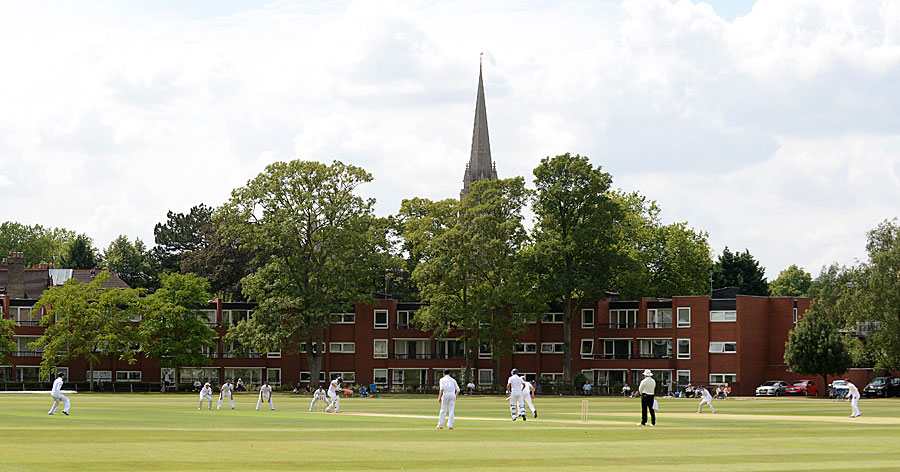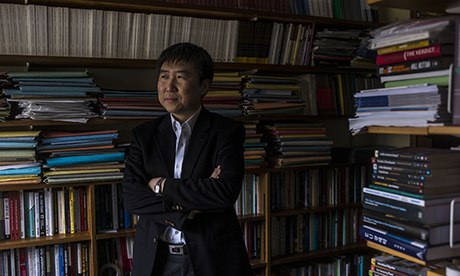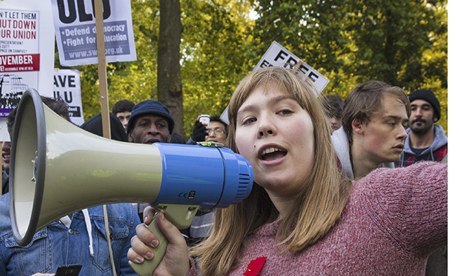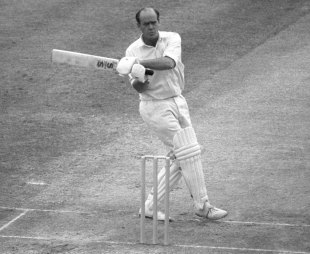Oxford marks undergraduate application deadline by publishing selection of interview questions including ‘How much of the past can you count?’
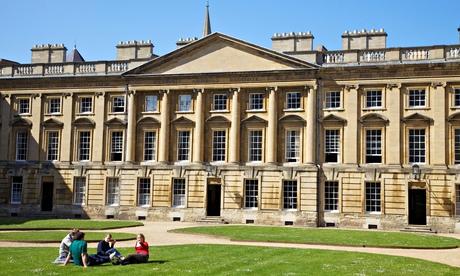
The mysteries of the Oxford admissions interview have been laid bare by the university, in an effort to explain the questions at the core of the fraught 20 minutes in an office that can change the course of a life.
To mark the deadline for 2015 undergraduate admissions, the university asked admissions tutors to open up about the interviews that all UK undergraduate applicants are subjected to – and what the admissions officers are looking for.
But rather than shine a spotlight on a process criticised for admitting a disproportionate number from independent schools, the questions published by Oxford instead confirm the stereotype of the contrary and offbeat, satirised by the Oxbridge applicants of Alan Bennett’s play The History Boys.
A question from Nick Yeung, an admissions tutor for psychology at University College, asks: Why are Welsh speakers worse at remembering phone numbers than English speakers?
“This question is meant to be deliberately provocative, in that I hope that it engages candidates’ intuitions that Welsh people aren’t simply less clever than English people,” Yeung said.
“The key point is that numbers are spelled differently and are longer in Welsh than in English, and it turns out that memory and arithmetic depend on how easily pronounced the words are. I would hope the student would pick out this connection between memory and how easy to spell or pronounce a word is.”
Other questions published by Oxford included: How much of the past can you count? “In this case, the question gets at all sorts of issues relating to historical evidence,” said Stephen Tuck, a fellow at Pembroke College.
“Of course, much of the interview would be taken up with discussing in depth the history courses the students have studied – the interview is not all about unusual questions.”
Samina Khan, Oxford’s acting director of undergraduate admissions, said for many students the interview is the most daunting part.
“We know there are still lots of myths about the Oxford interview, so we put as much information as possible out there to allow students to see behind the hype to the reality of the process,” Khan said.
But a former admissions tutor at a Russell Group university said that while the questions were reasonable, Oxford’s over-reliance on interviews to select undergraduates was part of its problem.
“It seems to me though that by revealing the mysteries of the interview, Oxford is continuing the fetishisation. It is Oxford, not interviews, that is weird,” he said.
The university interviews more than 10,000 applicants over two weeks in December, for around 3,200 undergraduate places.
Applicants to read biology might be asked ‘Why do some habitats support higher biodiversity than others?’ while prospective art history students are shown a painting and asked if they recognise it. “It is the only question for which there is a single, correct answer, which is ‘no’,” said Geraldine Johnson of Christ Church, explaining that she wants applicants to discuss works they haven’t seen before.
